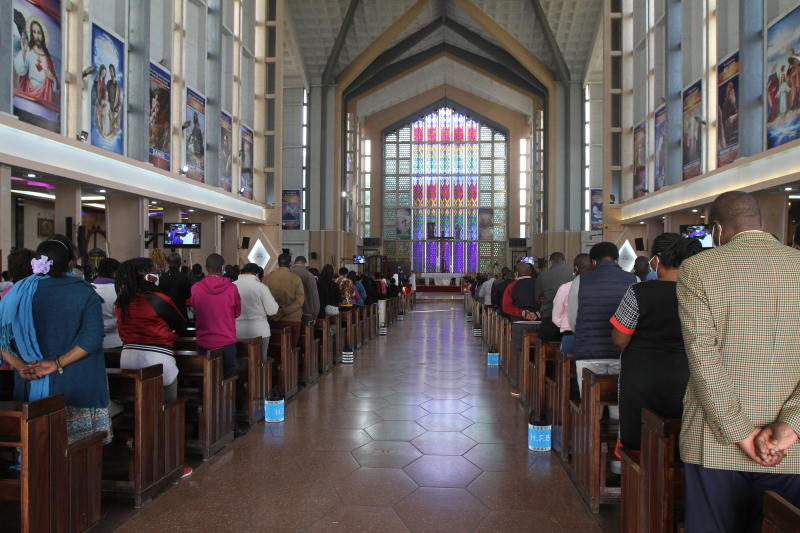×
The Standard e-Paper
Stay Informed, Even Offline

Senior politicians in the country are now increasingly flocking churches in an effort to identify with the members and win their support ahead of next year’s General Election.
Although the churches are mainly meant for spiritual nourishment, Kenyans are regarded as “notoriously” religious and go to church not just for the purpose but to look ‘godly.’